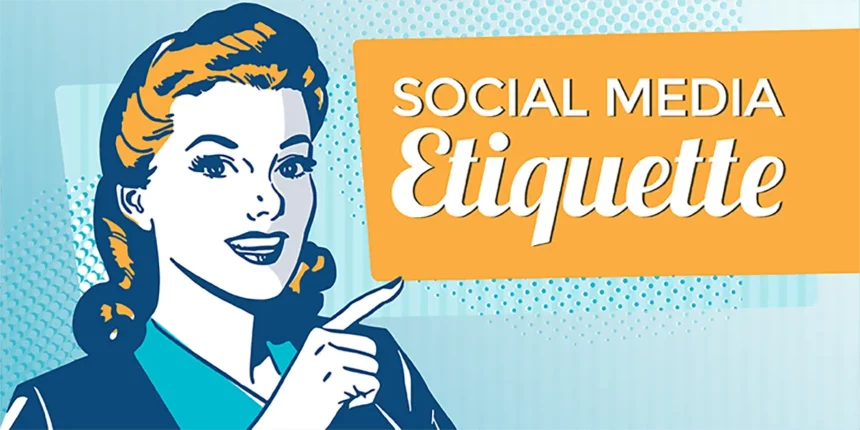Social media is a great way for direct sales and network marketing professionals to reach people a wider audience, but if not used the right way, it can also prove to be highly damaging to your business and your reputation. Think about it. Social media and direct selling seem almost made for each other, given their power to connect people and bring communities together.
And just like in real life, there are rules to follow in social settings. A common mistake we see many QNet IRs make online is not knowing how to use social networks such as Facebook, Twitter and Instagram the right way for business success.
Let’s talk about some of the most common mistakes made by IRs on social media.
1. Do Not Spam!
Do you like it if people you barely know, keep sending you unsolicited emails about something you know nothing about or tag you in posts about stuff that makes no sense to you? My guess is you would either block them or delete them from your social network.
Set up a Facebook business page and invite your friends so they can subscribe to your business-related posts. Avoid tagging or mentioning friends in posts and shares that don’t directly apply to them, and ask permission before adding people to business-related groups.
2. Post Useful, Quality Information
Remember, what you post online says a lot about who you are. As a network marketing professional, you want to share your excitement about your products and your business with others, but in a way that it makes them want to share in your excitement. The things you post should excite, inform, open minds, and uplift people.
People log on to social media to feel something, so your posts should be engaging and useful. A good way to gauge the quality of your posts is to ask yourself, “If I wasn’t affiliated with QNet, would I find value in this post?”
Struggling to figure out what to post? Here are a few ideas:
- Product Reviews or Testimonials (Do not make exaggerated claims that are not endorsed by QNet)
- Product Demonstrations
- Articles you find online that relate to personal development, leadership, health and wellness, or building a business.
3. Don’t Engage in Arguments or Negativity
You know by now that every business has a set of naysayers. In direct selling, in particular, the number of doubters and haters can be an exceedingly large number! You will encounter people on social media who will try to provoke you with negative or derogatory comments about your business. When that happens, it’s easy to lose your cool and go on a rant.
This is when you must remember that you are a business owner, and you represent the QNet brand. Take the high road.
One simple way to handle negative comments is to thank the person for their comment (assuming it’s a genuine complaint or frustration) and then direct them to a resource that helps clarify their issue. Or invite the person to private message you so you can work things out in more detail. Most of the time people just want to be acknowledged, so it will always work out in your favor when you take the high road.
In case of trolls (definition below), the best option is to simply block them.
Definition of a troll: Someone who posts inflammatory, extraneous, or off-topic messages in an online community, such as a forum, chat room, or blog, with the primary intent of provoking readers into an emotional response or of otherwise disrupting normal on-topic discussion.”
4. Post your link strategically
When you meet a prospect in person, you wouldn’t just walk up to them and immediately tell them to visit your website, would you? There is an introduction, an explanation, a build up to your pitch. Similarly, if you simply post a link to your website without any introduction or explanation, why would anyone click on it?
Instead, try to share a personal experience about your business or products and once the prospect shows interest in learning more, you can direct them to your link. Persistence is not a bad thing in this business, but sometimes persistence can look like spam when you’re plastering your information everywhere without trying to build relationships with the people you’re advertising to.
5. Protect Your Online Presence
Social media is very public, which means it’s imperative to follow the terms and conditions of the social networks you’re using and keep things compliant. Social networks have the right to shut your page down at any time if you stray from their terms. That means all of the hard work you put into building your audience could be gone in an instant. Make sure to review the terms and conditions of the social networks you use to protect yourself from deletion.








